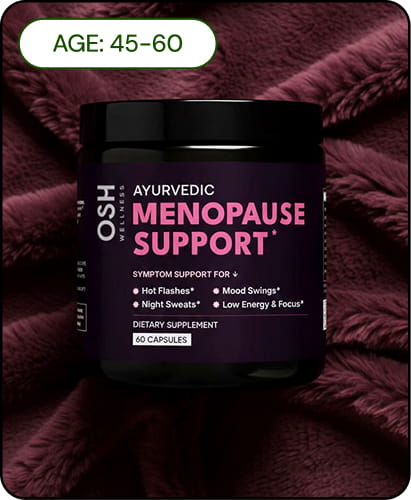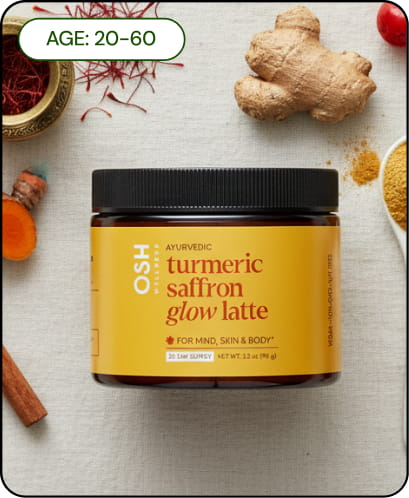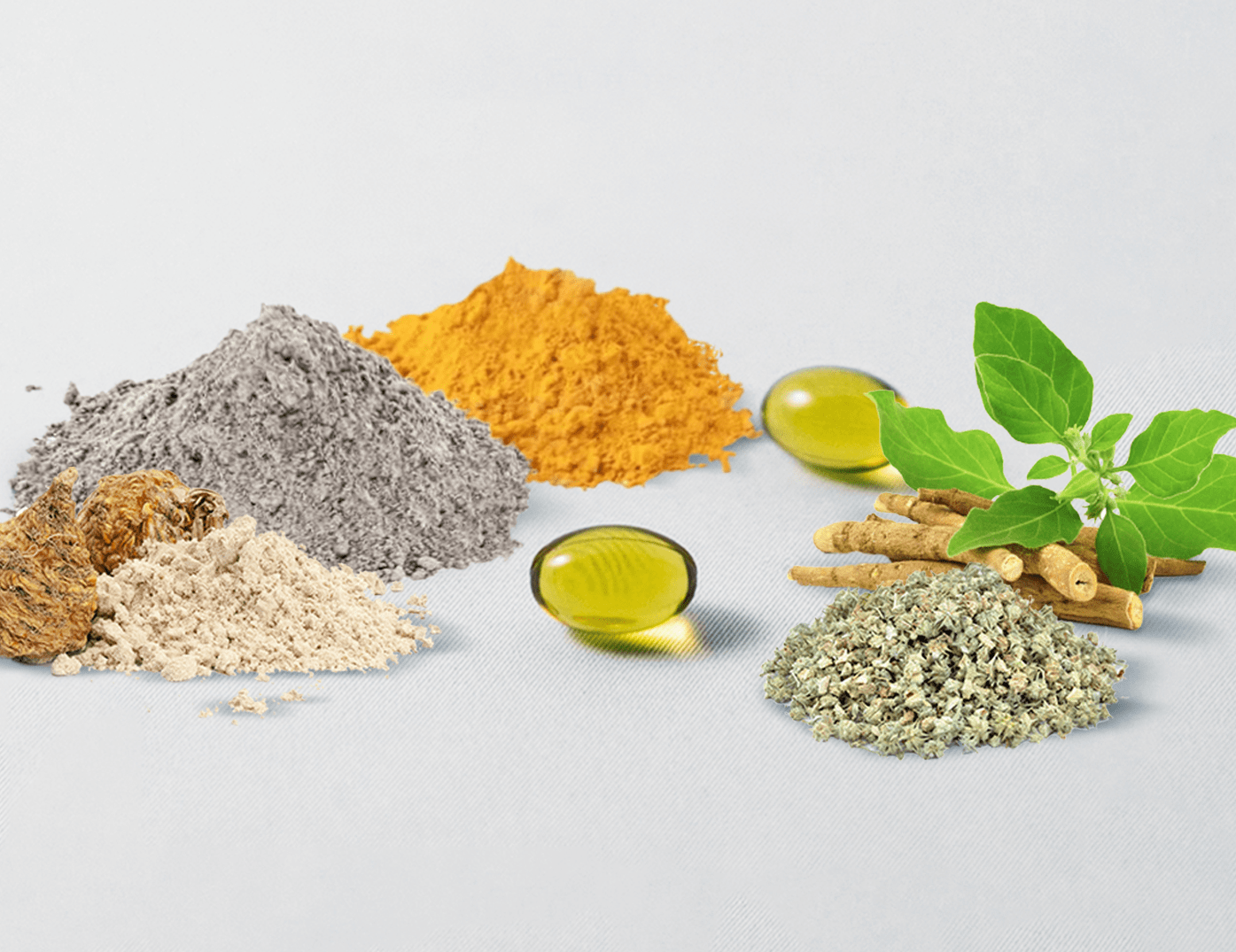Testosterone and its Impact
Testosterone is a crucial hormone that plays a vital role in a person's overall health and well-being. As men age, testosterone levels naturally decline, which can lead to unfavorable changes in body composition and weight gain. Low testosterone levels also negatively impact sexual function, causing reduced sex drive, fewer erections, and infertility. According to a study of 9,054 men, normal testosterone levels range from 264 to 916 nanograms per deciliter (ng/dL) [1]. Adopting healthy lifestyle habits, such as staying active, getting enough sleep, and limiting alcohol use, can help boost testosterone levels naturally.

5 effective ways to boost testosterone
Here are the top 5 effective ways to increase your testosterone levels:
1. Exercise regularly:

Engaging in regular physical activity is one of the most effective ways to boost testosterone naturally. Both resistance training and cardiovascular exercises have been shown to have positive impacts on testosterone production. Focus on compound exercises like squats, deadlifts, bench presses, and pull-ups that engage multiple muscle groups. Aim for at least 150 minutes of moderate-intensity exercise per week.
Strength training, in particular, has been found to have a significant effect on testosterone levels. A 2015 study involving men with obesity found that increased physical activity was more beneficial than calorie restriction for increasing testosterone levels [2]. High-intensity interval training (HIIT) can also be very effective, although all types of exercise should work to some extent. Additionally, younger men tend to experience a greater and longer rise in testosterone when they exercise.
However, it's important to find a balance and not overdo it, as excessive exercise can lead to a drop in testosterone levels.
2. Have a nutritious diet

A nutritious diet plays a crucial role in regulating testosterone levels. Consuming a balanced diet rich in whole foods, lean proteins, fruits, vegetables, whole grains, and healthy fats can help optimize hormone levels and support overall health. A diet high in protein can aid in fat loss and maintain healthy testosterone levels, while a low-fat diet may decrease testosterone levels. Additionally, constant dieting or overeating can disrupt hormone levels, particularly in athletes and active individuals.
A healthy diet can benefit testosterone levels in two primary ways: promoting weight loss and reducing blood sugar spikes. Above normal weight, particularly excess abdominal fat, is linked to lower testosterone levels due to increased aromatase production, which converts testosterone into estradiol. A balanced diet can help achieve a healthy weight and support hormone production.
3. Increase Vitamin D intake

Vitamin D is essential for maintaining healthy testosterone levels. Research suggests that vitamin D supplementation can increase testosterone levels, particularly in men with vitamin D deficiency. A study involving 200 healthy overweight men found that vitamin D supplementation increased total testosterone levels by 13.4 nmol/l, bioactive testosterone levels by 6.25 nmol/l, and free testosterone levels by 0.267 nmol/l [3].
To maintain healthy vitamin D levels include food sources high in vitamin D such as salmon, fortified milk, and cereal products in your diet. We also recommended spending at least 15 minutes outdoors daily, as direct sunlight exposure helps the body produce vitamin D. If sunlight exposure is limited, consider a vitamin D supplement after consulting with your healthcare provider.
Osh Wellness's Men's Fertility Support, is one of the best supplements in the market for male reproductive health. It contains a potent blend of Ayurvedic botanicals, CoQ10, zinc, and vitamins including Vitamin D that help improve sperm parameters and boost testosterone.
Men's Fertility Support
Formulated with natural botanicals, CoQ10, and vitamins, Osh Wellness Fertility Support helps boost testosterone and sperm parameters naturally for holistic reproductive wellness.
4. Manage alcohol intake

Excessive alcohol consumption has been linked to lower testosterone levels, making it crucial to manage alcohol intake. Heavy drinking can disrupt hormonal balance and negatively impact testosterone production. According to a study, testosterone levels can drop as quickly as 30 minutes after consuming alcohol, and heavy alcohol use can lead to reduced testicular function and testicular atrophy [4].
Interestingly, research involving adolescent boys and young men has found that higher testosterone levels in the saliva or blood are associated with heavier use of alcohol and younger age at the onset of alcohol use [5]. Chronic alcohol use can lead to low testosterone levels due to the effects it has on the body, including hormonal reactions and cell damage.
5. Sleep Well

Adequate and quality sleep is essential for maintaining healthy testosterone levels. Studies have shown that sleep deprivation can impair testosterone production, making it crucial to prioritize sleep [6]. Aim for 7-8 hours of sleep per night and establish a consistent sleep routine. Create a sleep-friendly environment by keeping your bedroom dark, quiet, and at a comfortable temperature. Research suggests that sleep quality can significantly impact testosterone levels, with impaired sleep linked to lower levels in teenage boys and men. Additionally, sleeping less than 7 hours per night can lead to a 10%–15% reduction in testosterone levels [7]. On the other hand, sleeping up to 9.9 hours per night has been associated with increased testosterone levels in older men.
Conclusion

Maintaining healthy testosterone levels is crucial for overall health and well-being. By incorporating lifestyle changes such as regular exercise, a nutritious diet, stress management, adequate sleep, and sun exposure, individuals can naturally boost their testosterone levels. It is essential to prioritize these habits, as low testosterone levels have been linked to various health risks, including obesity, increased disease risk, and premature death.
Testosterone treatments like Testosterone Replacement Therapy (TRT) can cause infertility by reducing sperm count to as low as zero within a few weeks of continuous treatment [8]. If you are looking for supplements to boost testosterone levels, consider natural supports like Osh Wellness Men’s Fertility Support that help boost testosterone along with improving other sperm parameters.
By following these tips and consulting with a healthcare professional if necessary, you can optimize your testosterone levels and promote overall reproductive health.
1. What is the fastest way to increase testosterone naturally?
The fastest way to increase testosterone levels is to maintain a balanced diet, focusing on whole foods, moderate weight, and regular exercise. Additionally, consider taking Osh Wellness Men's Fertility Support, which includes vitamin D and Ayurvedic elements like Ashwagandha Roots and Gokshura that support testosterone production and promote overall reproductive health.
2. What foods raise testosterone?
Certain foods may help naturally increase testosterone levels, including fatty fish, dark leafy greens, cocoa products, avocados, eggs, jellyfish, and berries. Incorporating these nutrient-dense options into a balanced diet, along with regular exercise and stress management, can optimize testosterone production.
3. Which drink is best for boosting testosterone levels?
Pomegranate juice is a potent drink to boost testosterone levels. Drinking it in the morning helps lower cortisol levels, and increase testosterone levels. Additionally, it helps reduce blood pressure and improve mood.









